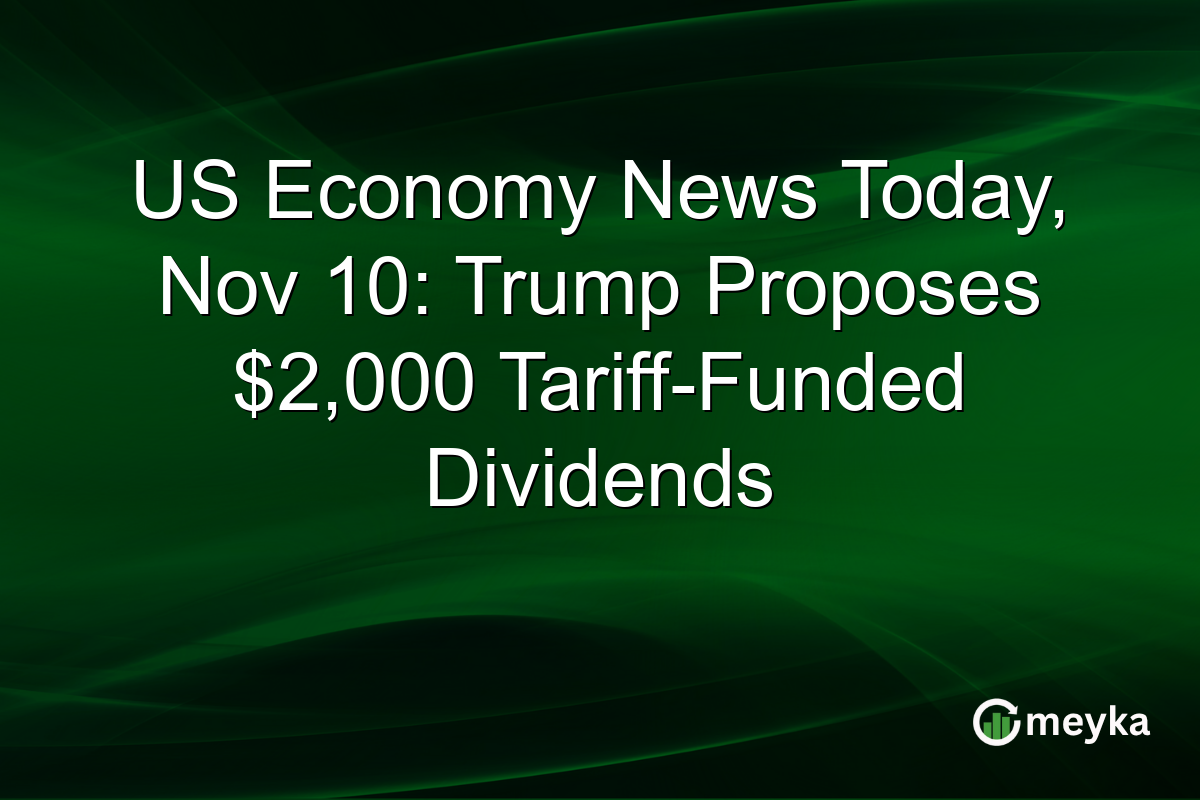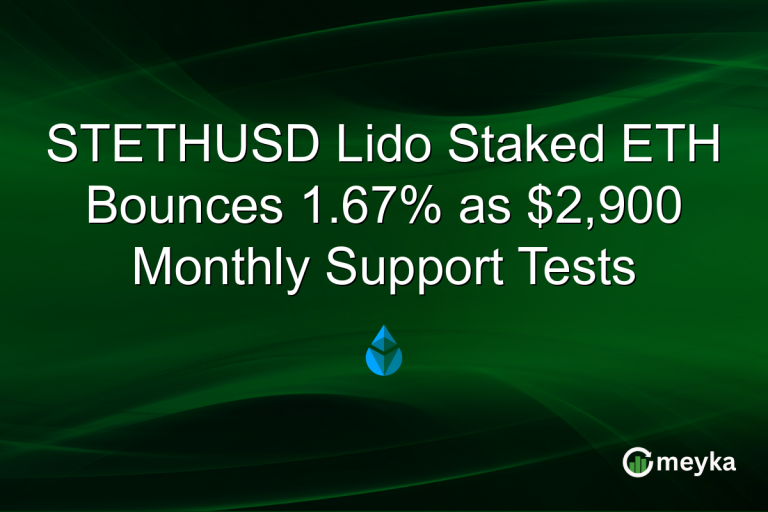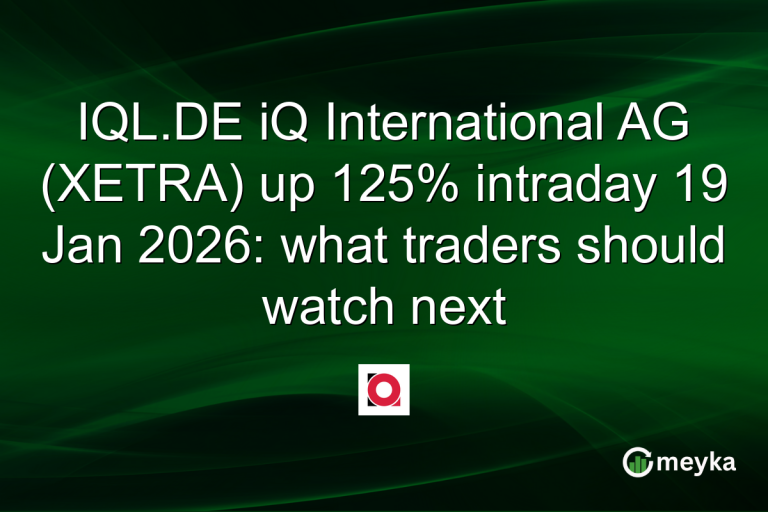US Economy News Today, Nov 10: Trump Proposes $2,000 Tariff-Funded Dividends
Today, President Donald Trump announced a bold plan to issue $2,000 checks to Americans, funded through tariff revenues. This ‘Trump stimulus check 2025’ proposal aims to support the economy amid ongoing financial challenges. However, questions around congressional approval and the availability of funds remain open. Analysts are keen to see how this impacts market behavior and fiscal strategies.
Continue Reading on Meyka
This article is available in full on our main platform. Get access to complete analysis, stock insights, and more.
Read Full Article →





